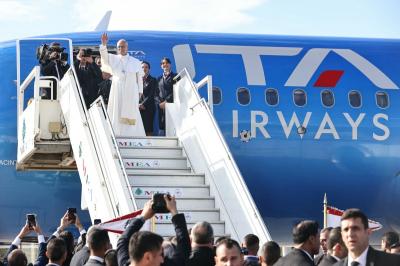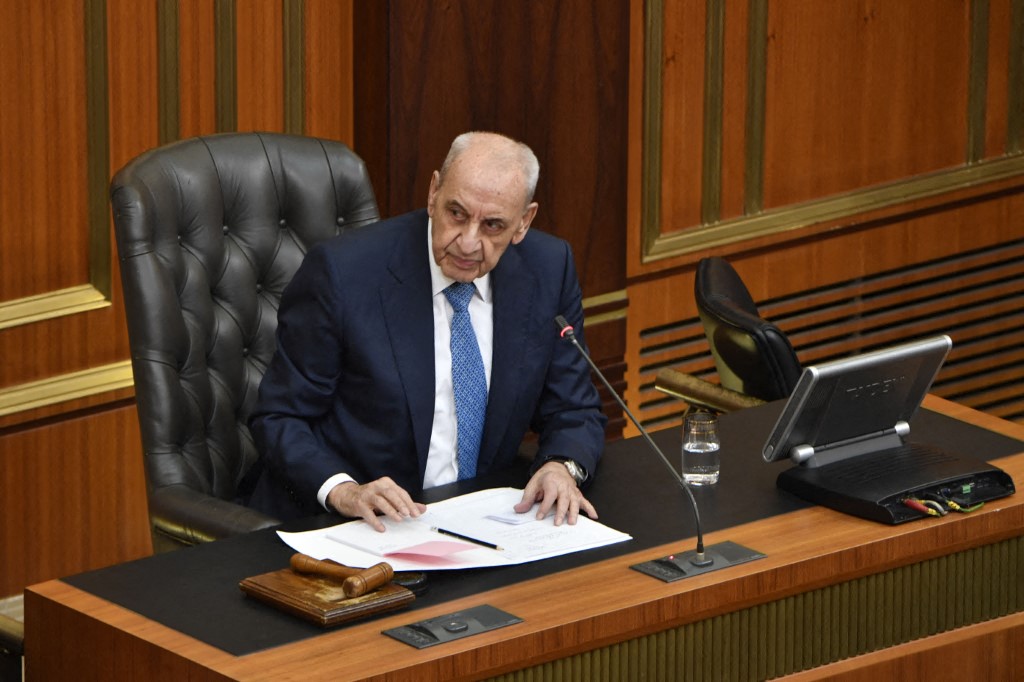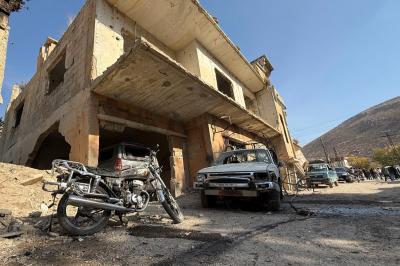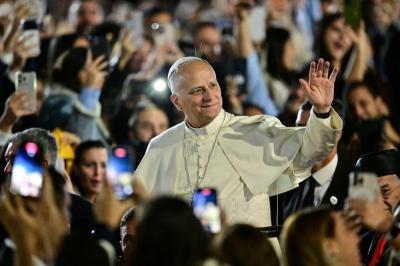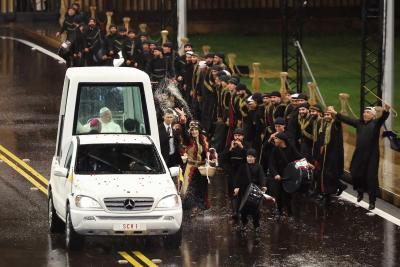As attention focuses on the urgent need to assert the state’s sovereignty over its territory—and thus ensure exclusive control of arms by the Lebanese state, which practically means ending the military and security role of “Hezbollah” and all Lebanese or Palestinian factions, especially in light of the stern U.S. message delivered by its envoy in Turkey, Tom Barrack—the January 30, 2025, plenary session of the Lebanese Parliament revealed that upholding the rule of law within institutions is no less critical than extending state authority.
Speaker of Parliament Nabih Berri’s refusal to include an urgent draft law to abolish the six parliamentary seats reserved for expatriates—giving them instead the right to vote for the full 128 MPs—goes beyond a mere political showdown. It strikes at the heart of institutional integrity in Parliament and the very spirit of “urgent draft laws,” since Berri single-handedly stripped the proposal of its urgency, even though deciding its urgency lies with the full parliamentary assembly.
This scene reflects the approach Berri has cemented since assuming the speakership in 1992, often turning Nejmeh Square into a kind of personal “majlis,” where his preferences override laws and proper procedures. A few reminders illustrate this:
- The mysterious “approved” declarations were ringing out in the chamber, with no clarity on who voted or how.
- His persistent obstruction of electronic voting for MPs.
- His management of sessions skillfully used his wit to impose his rhythm at the expense of internal parliamentary rules.
- The countless bills and proposals that disappear into parliamentary drawers, falling into a deep sleep for years.
- His repeated suspension of Parliament for months during every presidential election deadline plunges the country into power vacuums.
Berri’s uninterrupted 33-year tenure as Speaker has rested not only on his parliamentary status or his “Amal Movement” credentials but also on power balances skewed in his favor since the Taif Accord was undermined—whether during the Syrian tutelage era, when he was Damascus’s most reliable ally in peacetime after being its most steadfast militia leader in wartime, or later under “political Shiism” and the “Hezbollah-Amal duo,” with Hezbollah recognizing him as the “big brother.”
Alongside the urgent draft law that Berri blocked—prompting walkouts by MPs from the Lebanese Forces, Kataeb, Change Alliance, and several independents—a parliamentary petition has begun circulating, expected to collect over 65 signatures. Will Berri yield to the will of a parliamentary majority, or will he persist in his ways? Fundamentally, what is more important: restricting expatriates to electing only six new MPs, or letting them vote for the full 128 deputies?
The spirit of involving the Lebanese diaspora in parliamentary elections aims to make them feel like partners in shaping their villages’ and country’s future, not just a source of money or an ATM for Lebanon. Realizing this vision requires giving them the right to vote for all 128 MPs—not merely creating six new seats reserved for expatriates.
In addition to practical obstacles and the absence of implementing decrees, many questions arise: How will the six seats—allocated by denominations such as Maronite, Orthodox, Greek Catholic, Sunni, Shiite, and Druze—be distributed across continents? In which continent would the Druze seat, for example, be placed? Would it rely on votes from Druze expatriates alone or others as well? How could these MPs participate in weekly parliamentary committee meetings?
Significant flaws in overseas voting marred the first experience of the current electoral law in 2018—ballot boxes either never arrived in Beirut, or tally results clashed with records from foreign polling stations. However, the second round in 2022 was more accurate, revealing the influential power of the diaspora vote, which tipped the balance in some districts and broke dominance in others, energizing electoral outcomes, especially for the Lebanese Forces and changing candidates.
This makes the 2026 elections particularly anticipated, with the diaspora vote expected to shape the parliamentary landscape and balance of power in Nejmeh Square—especially after the waning of the “October 17” protest movement. Crucially, diaspora voters are free from the threats of local weapons, coercion by “de facto powers,” bribery, and clientelism—explaining resistance to granting them the right to vote for all 128 MPs.
The “duo”—Hezbollah and Amal—are wary of diaspora voting, arguing that “Hezbollah” cannot campaign in countries that list it as a terrorist group. Yet how could it then contest the six-seat race? They know full well that the intimidation tactics used at home—like those seen in the 2022 Baalbek-Hermel district elections, where opponents’ delegates were beaten, accused of treason, and even fired upon, with efforts made to obstruct rival lists—are impossible to replicate abroad.
Meanwhile, the Free Patriotic Movement (FPM) under MP Gebran Bassil recognizes its shrinking base among expatriates, recent internal splits, and previous electoral setbacks. It sees the diaspora vote as a decisive force favoring the Lebanese Forces over itself, prompting efforts to limit the diaspora’s impact by restricting them to the six new MPs rather than letting them vote for the full Parliament.
The “duo” and the FPM’s insistence on keeping the six-seat arrangement—despite lacking implementing decrees—faces determination from the Lebanese Forces, several parliamentary blocs, and change MPs to scrap the clause altogether. Will Berri dare bring it to a parliamentary vote, or will he and his allies press forward by suppressing the urgent draft and petition, or by sowing chaos to derail the electoral process altogether?
Please post your comments on:
comment@alsafanews.com
 Politics
Politics
